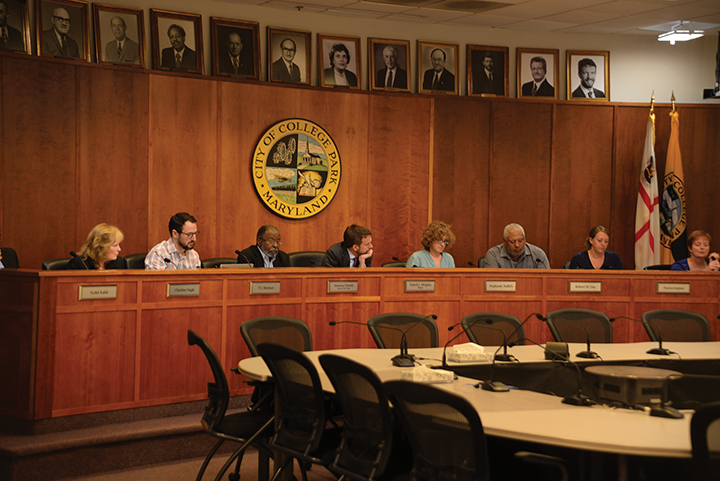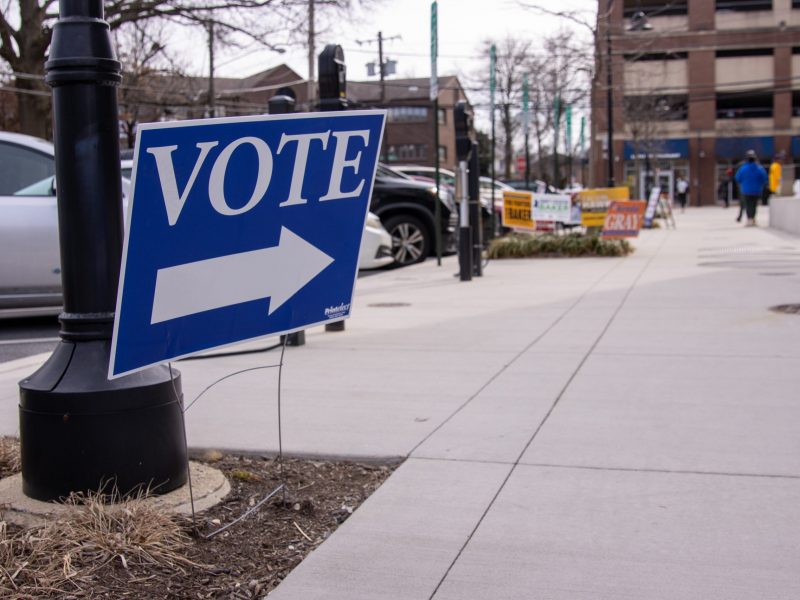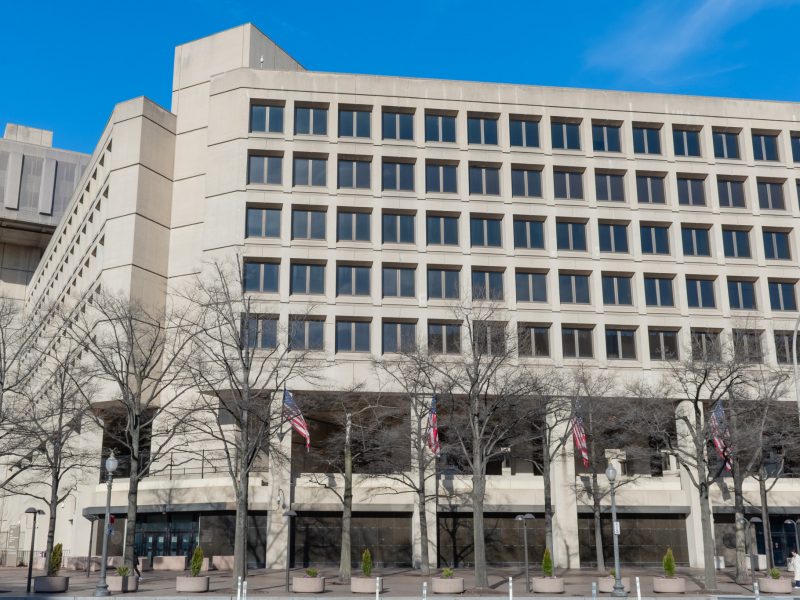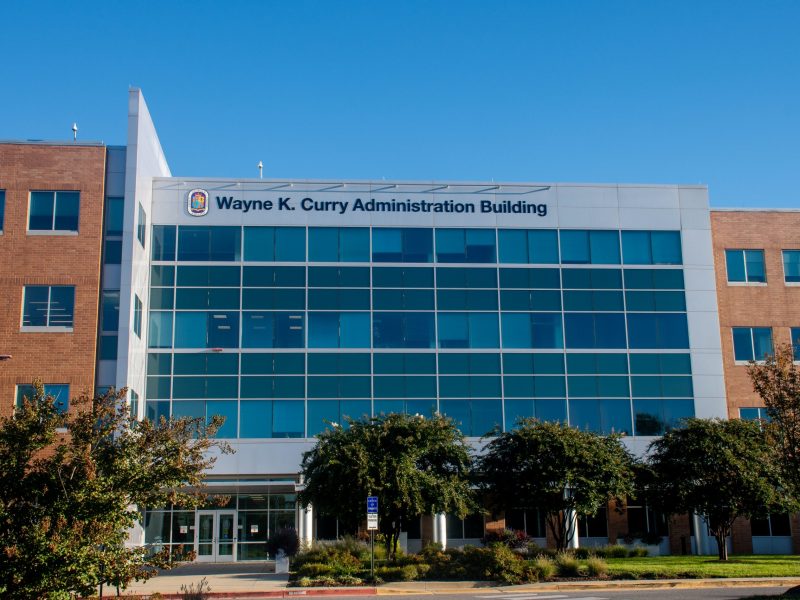Rising property taxes could complicate Carol Macknis’ life as a retired College Park resident with a relatively fixed income.
City revenue is expected to go up by about $1.77 million as a result of upticks in property taxes from higher property values, as well as increases in income taxes and hotel or motel taxes. General property taxes are expected to increase by about $1.1 million, or about 13.1 percent, and what the budget calls “other taxes” — which would include income and hotel/motel taxes — are expected to increase by about $1 million, or 31.5 percent, according to the fiscal 2018 budget, which passed unanimously at the May 23 city council meeting.
“Every time my property taxes increase, regardless of who it is that raises them, I have to adjust my budget to try and figure out where I’m gonna get the money from … inflation is not really helping,” Macknis said at the meeting. “They don’t raise Social Security enough, and if they do, my health and benefits — the money that I have to pay for health insurance — increases. I have a balancing act.”
For 2017, Social Security’s Cost-of-Living Adjustment — which allows Social Security and Supplemental Security Income benefits to keep pace as the cost of living increases — is at 0.3 percent. This is compared with 0.3 percent in 2016 and 0.0 percent in 2015, according to the Social Security website.
[Read more: City Council waits for more community feedback on Hollywood Streetscape project]
Kerry Snow, a 65-year-old resident who’s lived in College Park for about 12 years, is a former FDA employee who retired in January 2016 and has similar concerns as Macknis.
“I’m just concerned because I think College Park is a really nice community for retirees; I think there’s a lot of good things about the community … [but] there are a lot of other places that could be smarter in terms of a retiree’s typical salary,” Snow said.
City homeowners are eligible for the Homestead Property Tax credit, which limits inflation-based tax increases to 2 percent per year, even if property values go up, said College Park Mayor Patrick Wojahn. Additionally, for retirees or people with fixed or limited incomes, the city has a low-income homeowner property tax credit, which Wojahn encourages residents to apply for. Eligibility is determined by gross household income, among other requirements.
There is no increase in the city property tax rate this year, in contrast with the increase in overall property taxes, said Wojahn.
“I do hear concerns about property taxes increasing,” Wojahn said, noting that College Park has the third-lowest city property tax rate in Prince George’s County. “We’ve taken a lot of steps to make sure that property tax increases stay to a minimum, but … we have to face inflation and have to meet the growing costs, including increased salaries [and] cost-of-living adjustments for our employees.”
[Read more: College Park resident urges City Council to join call for President Trump’s impeachment]
At the May 23 meeting, District 1 Councilman Fazlul Kabir proposed an amendment to the budget — which didn’t pass — to reduce the real estate property tax rate from 33.50 cents per $100 of property to 33.11 cents. The resultant $100,000 reduction in city revenue would come from the Capital Project Fund for the Hollywood Commercial Revitalization project and for property acquisition, Kabir said.
For a $300,000 home with all other factors held constant, the household would save about $11 with Kabir’s proposed tax rate change, Wojahn said.
“You never know what [$11] means to a resident in need,” Kabir said. “You shouldn’t underestimate it; any amount is going to help.”
Kabir said there are ongoing efforts to help residents, particularly senior residents, with increasing costs. During the 2016 legislative session, a Maryland House of Delegates bill gave Baltimore City and individual counties in Maryland the option to provide tax credits to residents 65 and older and retired veterans after June 30, 2016, Kabir wrote in an email. For the tax credits to take effect in individual jurisdictions, a county would have to pass enabling legislation, he added.
Council members plan to discuss this possible tax credit at a future work session, and staff still need to work out the specific numbers, Kabir wrote.



